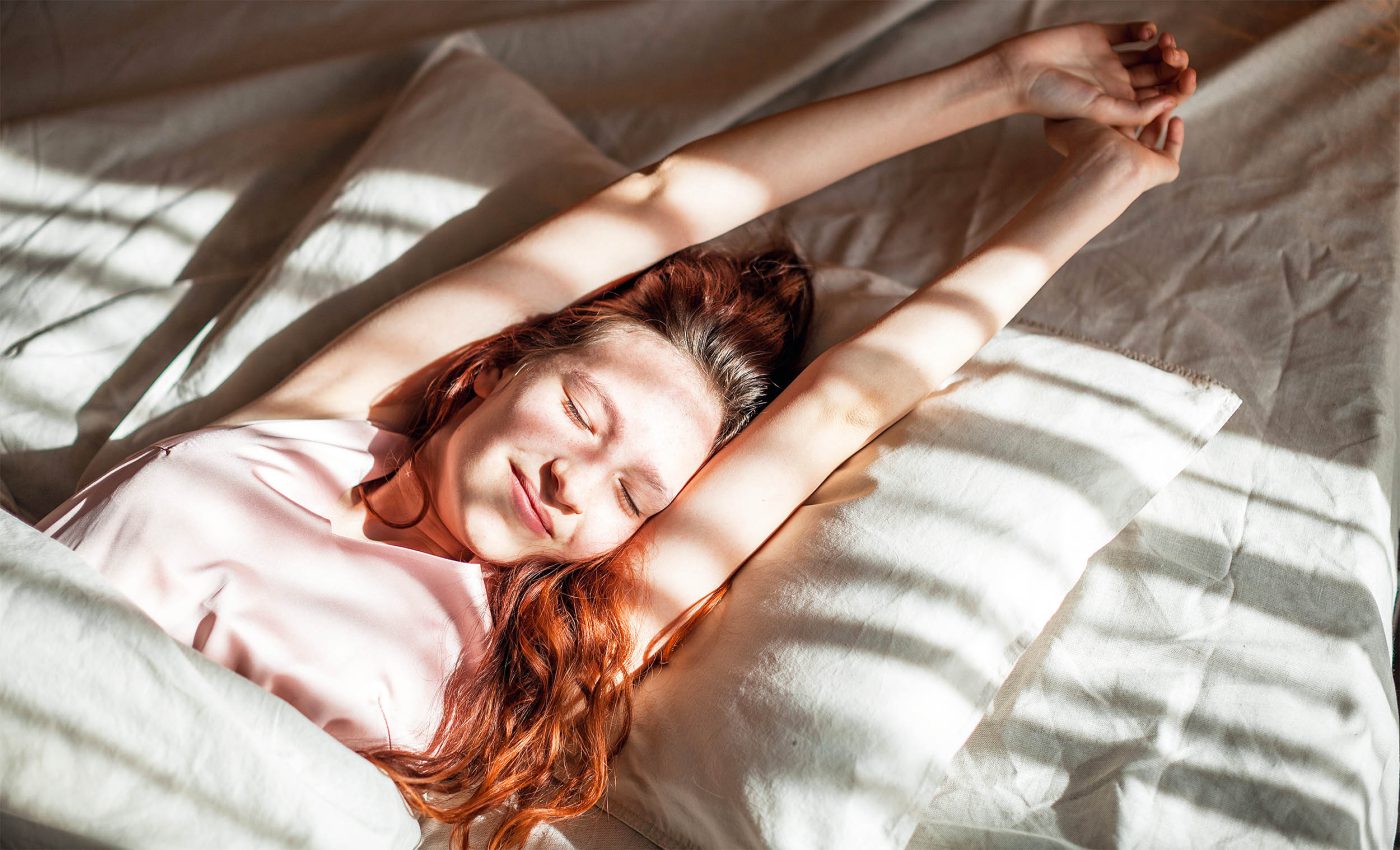
One form of exercise is shown to improve sleep the most, according to studies
Struggling to fall asleep at night? Science may have found the answer, and it is not a pill. It has long been known that exercise can help with sleep disorders, but the best type and routine were unclear.
Now, researchers at Harbin Sport University in China have compared different workouts to determine which works best.
How the study was conducted
The team used Network meta-analysis (NMA), a statistical method that allows comparisons across multiple types of exercise.
They searched five major scientific databases to include as many relevant studies as possible. The researchers collected data from Web of Science, PubMed, Cochrane, Embase, and Scopus, up until September 30, 2024.
They included 30 randomized controlled trials (RCTs) involving 2,576 participants from more than a dozen countries. Participants ranged in age and were all experiencing sleep difficulties.
Importantly, two researchers independently extracted the data to minimize bias or mistakes. After analyzing the data, the researchers ranked the effectiveness of different types of exercise.
Which exercise improves sleep quality
The study revealed that yoga was most beneficial, especially when practiced at higher intensity for 30 minutes or less, twice a week. Consistency is key. The benefits were strongest when continued for eight to ten weeks.
Walking ranked second, followed by resistance training and aerobic exercise.
Why do these workouts matter? These activities could offer a safer, more accessible way to improve sleep for people with sleep disorders.
Treatments for sleep issues, like cognitive behavioral therapy (CBT) and sleeping pills, do not always work for everyone. These treatments may also carry side effects, especially affecting older adults.
Why do shorter sessions work better?
While this study does not explain exactly why yoga helps with sleep, previous research provides some insights. Yoga combines mindfulness and physical activity in addition to boosting heart rate and building strength.
What sets yoga apart is its focus on breath control, which activates the parasympathetic nervous system, promoting calmness and inducing good-quality sleep. Timing and intensity both appear to influence its effect.
The key finding of this study was that shorter sessions may actually be more beneficial, contrary to what most of us believed. Excessive exercise can elevate cortisol, the stress hormone, which may make it harder to sleep.
At odds with previous studies
These findings challenge some earlier assumptions about yoga and sleep. Past research suggested hour-long yoga classes were best for sleep.
Results also differ from a 2023 study, which suggested that moderate-intensity aerobic exercise performed three times a week was most effective.
“If someone were to do some exercise earlier in the day, not right before bedtime, there can be some elevations in cortisol,” said Justin Thomas, a sleep specialist at the University of Alabama. Exercising too close to bedtime may interfere with falling asleep.
Exercise and sleep – it’s complicated
The researchers were not able to determine how widely the results apply, since the study included trials with participants from a wide range of age groups.
“Some kinds of interventions may work well for someone who is in their 30s but be more difficult for someone who is in their 80s,” said Arsenio Páez, a sleep researcher at Concordia University.
For instance, older adults or those leading a sedentary lifestyle might benefit more from low-intensity workouts, while younger individuals with an active lifestyle might need a high-intensity routine.
That means the best routine can depend on age, lifestyle, and health history.
One size does not fit all
The scientists still require more data on the long-term effects of exercise on sleep. They stress that while exercise is good for sleep, there is no universal exercise routine that works for everyone.
Sleep and exercise are also influenced by sex and health history. “We really need to look more at the differences between how men and women respond,” said Páez.
For now, experts suggest sticking with what is practical and enjoyable, as the key is to stay active.
“If a patient comes into my clinic and, for some reason, cannot do yoga, but they can walk, then I would still encourage walking rather than doing nothing,” said Thomas.
The full study was published in the journal Sleep and Biological Rhythms.
—–
Like what you read? Subscribe to our newsletter for engaging articles, exclusive content, and the latest updates.
Check us out on EarthSnap, a free app brought to you by Eric Ralls and Earth.com.
—–













